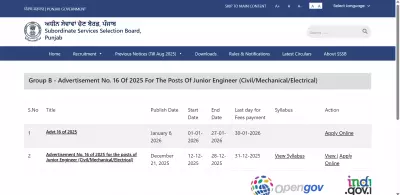
Imagine being called into your manager's office, expecting praise for your hard work, only to be told your job is on the line. Not for poor performance, not for missed deadlines, but for smiling at the wrong moment. This isn't a scene from a corporate drama—it's the real-life experience of numerous professionals in Indian workplaces today.
The Smile That Almost Ended a Career
A recent case that's making HR departments rethink their approach involves an employee who was nearly terminated after smiling during a serious meeting. The manager interpreted the smile as disrespect and lack of engagement, completely missing the employee's nervous response to stress. This incident highlights a critical gap in modern workplace understanding: the failure to recognize emotional intelligence.
Why EQ Trumps Pure Technical Skills
According to workplace experts and HR professionals across India, emotional intelligence (EQ) is becoming the differentiator between adequate and exceptional employees. While technical skills might get you through the door, it's your ability to navigate office dynamics, understand unspoken cues, and manage relationships that determines long-term success.
"We're seeing a fundamental shift in what companies value," explains Dr. Priya Sharma, a corporate psychologist with over 15 years of experience. "The brightest technical mind can derail their career by failing to understand office politics, team dynamics, or appropriate emotional responses."
The Indian Workplace Emotional Crisis
Indian corporate culture presents unique challenges when it comes to emotional intelligence:
- Hierarchical structures that discourage open communication
- Generational gaps in understanding emotional expression
- Cultural misinterpretations of body language and tone
- High-pressure environments that trigger stress responses
Building Your Emotional Intelligence Toolkit
Developing stronger emotional intelligence isn't just about avoiding termination—it's about thriving in your career. Here are key areas to focus on:
- Self-awareness: Recognize your emotional triggers and patterns
- Empathy: Understand perspectives different from your own
- Active listening: Hear what's being said beyond the words
- Adaptability: Adjust your communication style to different situations
- Conflict resolution: Navigate disagreements constructively
The Bottom Line: EQ as Career Insurance
As Indian companies become more globally integrated and diverse, the demand for emotionally intelligent professionals is skyrocketing. Research indicates that up to 70% of workplace success depends on soft skills rather than technical knowledge alone.
The employee who almost lost their job over a smile eventually received emotional intelligence coaching and is now thriving in their role. Their story serves as a powerful reminder: in today's competitive job market, understanding emotions might be the most valuable skill you bring to the office.





